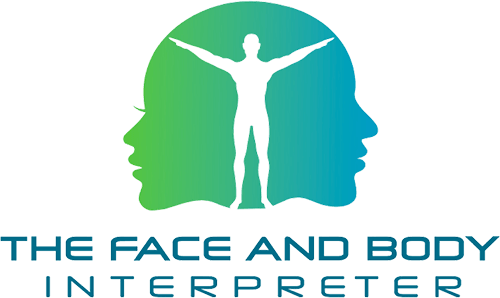
What Does A Small Chin Mean?
A “small” chin is characterised by its pointy nature and is often associated with a jaw that is long and narrow.
Psychosomatically, the chin is your ‘base’, it reflects your grounding, security, sensitivity and belonging. People with very small chins (and therefore, a smaller ‘base’) often feel quite different from others and may have a sense of not belonging, fitting in or feeling safe.
This is magnified if they have a large domed forehead. The large forehead gives them a great imagination, I refer to this as their “upstairs playing ground”, where they can play for hours inside of their imagination as it can be a safer place than their body. This means they need help to come back into their body to feel safe. I believe these people come into the world with a special gift, to be mastered through their life.
People often laugh with me when I say “as children, those with a small chin often ask their parents if they are adopted, not just once, but many many times” as they recognise themselves asking this of their parents. The difference they feel also plays out in their family dynamics and this can also be challenging for their parents, as the parent tries to understand their child’s style of communication.
Gifts and Challenges of a Small Chin
People with small chins are highly sensitive, creative people, and feel sound and vibration in a heightened manner as it dances through their bodies. Their sensitivity can make them at times reactive. As they learn to maintain balance in their body, the true gift of their sensitive nature is revealed. When out of balance, it is important for this person to learn how to breathe correctly, you will often find they shallow breathe, which creates anxiety in their body. Often recognised for their difference, they need to be embraced for their gifts. Their internal resilience will increase as they change the dialogue of “I can’t, to I can”.
If you have children with this feature, they need to be encouraged to know how capable they are, and to develop their inner strength to learn to do things even when they are sometimes afraid.
As an adult, if you have developed a very strong jaw to compensate for the feeling of sensitivity and not belonging, you may push yourself too hard, and over-ride your gift that resides in your sensitive nature. It is not uncommon to see those with the combination of these two features, a small chin and a very strong jaw, to experience chronic fatigue. In any case, finding balance with action/reaction, masculine energy/feminine energy, and doing/being will assist all people with a smaller chin.
How Can I Learn More?
If you would like to learn more about how to identify features of the face and interpret their meanings, gifts and challenges, please get in touch. We offer Face Reading Consultations, and you can learn these skills yourself through our Face Reading Course and the full Psychosomatic Therapy Training Course. We would love to hear from you.


